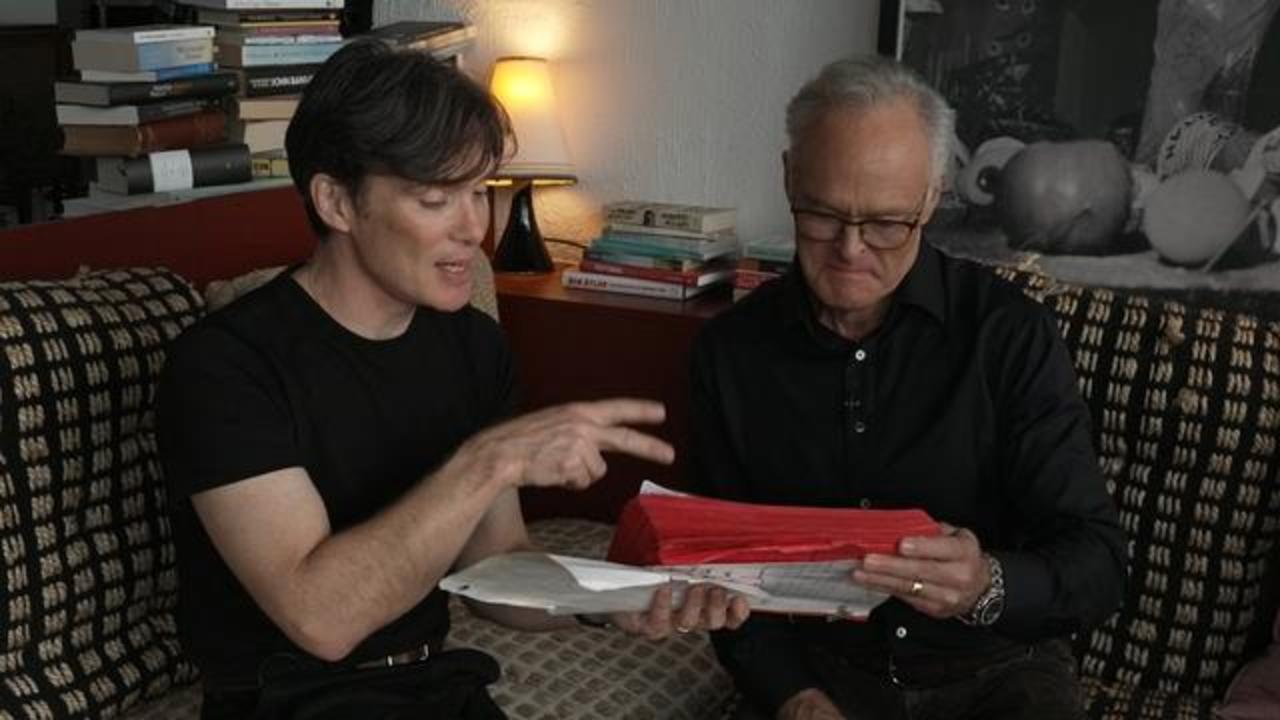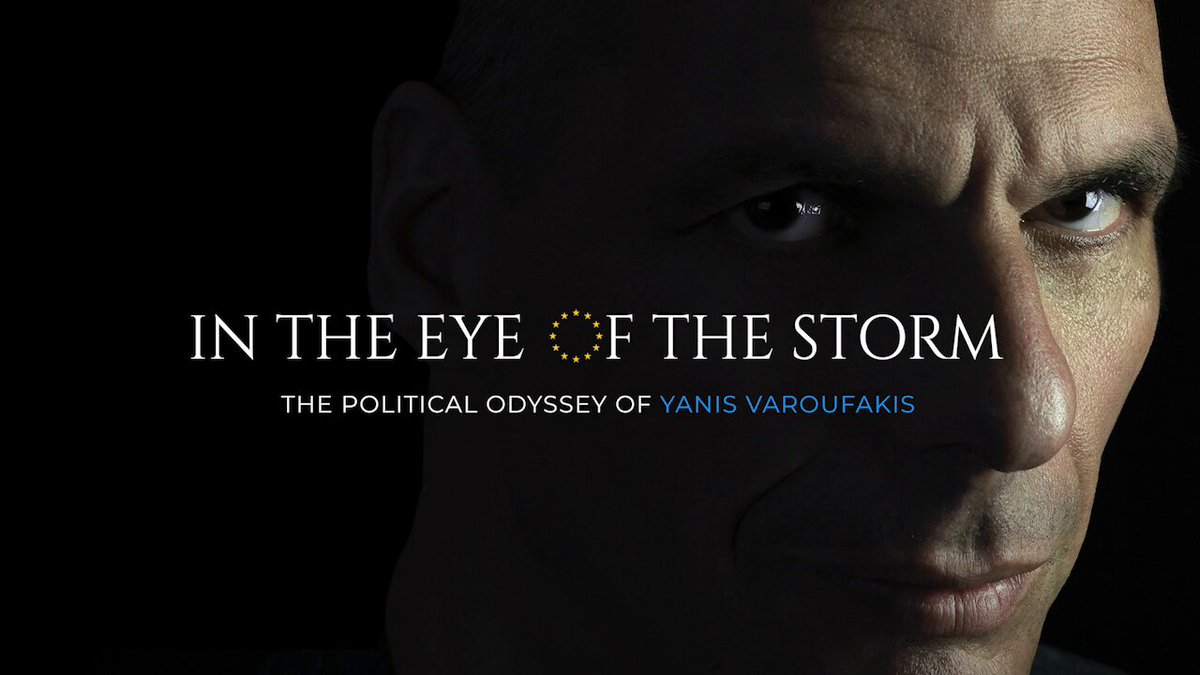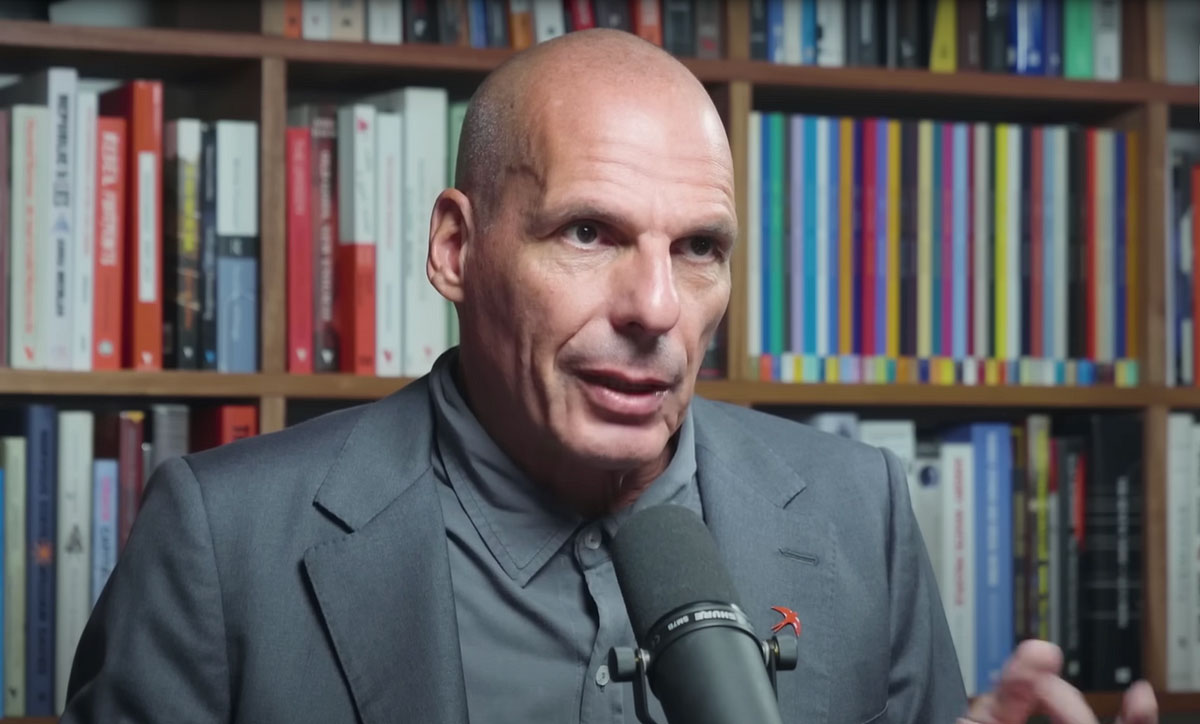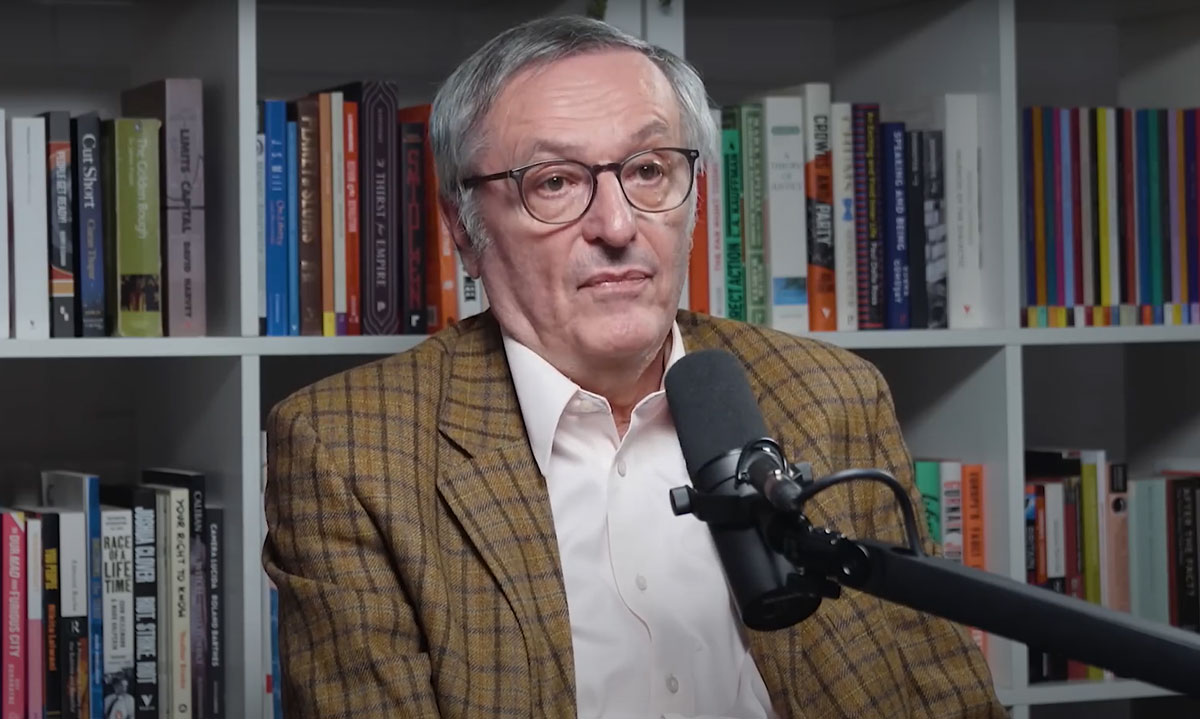Interview by Ana Maria Bahiana
In a town like LA, where everybody from your valet parker to your dentist seems to be writing a screenplay with dreams of wealth and glory on their minds, Callie Khouri is a strange, notable exception.
Not only didn’t she write a script in the almost ten years she’s been living here, but, when she finally decided to do it, it was for all the wrong reasons. “I really was kind of frustrated because I did feel like I was a creative person and was just looking for something”, she says with the sweetest smile in the sunny living room of her Santa Monica bungalow.
“For years I had studied acting and had learned about production. I thought writing was the perfect way to implement both skills. So, I sat down to write, just to see if I could finish the thing.”
Not only did Khouri finish the “thing”, but it found its way into the screen in a big way: it became Thelma & Louise, one of this year’s biggest hits in America, and the most talked-about movie of the summer. How?
Oh, I just gave it to a friend of mine to see if she would be interested in helping me produce it, and instead she gave it to Mimi Polk, who’s a friend of hers, and Mimi gave it to Ridley Scott and that was it. Of course, when people hear this story, they just hate me.
The true beauty of Thelma & Louise isn’t the fact that it’s such a well-accomplished (and incredibly lucky) first effort from a newcomer who admits to have been trained by “watching a million movies, reading lots of books. I read a few scripts, too, to see kind of how they were laid out.” The true beauty of it-and the reason why it sparked such a furious debate and ended up on the cover of Time magazine – is that Thelma & Louise, quite deliberately and in a fun, enticing, thoughtful way, turns inside out every single film cliché about women. Says Khouri:
That was quite intentional. I definitely wanted to put a new slant on it. I wanted to put two women up there whom you hadn’t seen before, who were going to be doing things that you couldn’t really predict. Because, you know, I can’t recall a lot of movies where I would go, ‘Oh, I would want to be like that woman.’ Not that I’m saying people would want to be like Thelma and Louise – they’re criminals and outlaws and I wrote that quite clearly in the script – but, in most movies, the women up there are so alien to me. I would just find myself questioning their motives: ‘Why is she taking that? Why is she putting up with that?’ You know what I mean? I just thought it would be fun to put women as the active characters, make them the driving force of the story.
And driving force they are. In Khouri’s script, Thelma (Geena Davis), a housewife trapped into a marriage that is indifferent at best and abusive at worst, and Louise (Susan Sarandon), a waitress with a shaky past, some emotional scars that refuse to heal and a non-committed boyfriend, band together for what is intended to be a weekend of female bonding, fun and games. A couple of hours into it, though, Louise can’t resist shooting a man who has tried to rape Thelma, and the duo finds itself in the dangerous and exhilarating fringes of law, order and society, where the road is apparently open and where, somehow, they must find and redefine themselves. It is a road movie with the cleverest gender bending: there’s still two outlaw renegades behind the wheel cruising the vast western landscape, toting guns, cracking jokes, engaging in furious, casual sex – they only happen to be women. “I didn’t start out by saying, ‘Let’s see, I think I’d like to write a road movie.’ I started out thinking about women as criminals. That idea was interesting to me.” Khouri’s own background is, in her own words, “a little bit Thelma, a little bit Louise”. The daughter of “a doctor and a doctor’s wife” in small-town Kentucky, Khouri grew up with thoughts of becoming an actress “or something”,
basically because on some level what was supposed to be the ideal woman wasn’t working very well. Families were breaking up at an alarming rate. Women who hadn’t educated themselves past the lowest degree in college were now 42 and having to ask their ex-husbands for money. It wasn’t a pretty situation.
Khouri finished college – where she majored in drama – and suddenly found out she didn’t want to be an actress any more. “I thought I would move to Nashville and maybe work in a bank and be an ordinary person.” Big mistake: she found herself working in a department store under a manager who was “a weaselly guy” and called her “Cully”.
Taking a cue from her aunt, she auditioned for a job as an extra/apprentice in a local theatre – that closed a year-and-a-half later. Faced with more “ordinary jobs”-she took one as a waitress in a country-and-western bar – Khouri opted for a radical move: she packed her things and headed west, to that flickering mahogany of promises and dreams, Los Angeles.
Khouri got a job as a runner for a video production company, and worked her way up: director’s assistant, production coordinator, production manager, producer. “It was a good job, good training. I learned a lot about the whole structure, and I enjoyed it very much.”
There was a problem, though – a very big one: the blatantly sexist nature of 99% of the videos she had to produce.
It was a moral compromise I had to do about once a month. I found myself in a position of having to pay a woman to do stuff that I thought was detrimental to all women – having her ass shot from about a foot away; stuff like that. It made me angry because it doesn’t have to be that way.
The combination of this “monthly compromise” and the need to do “something creative” led, finally, to the challenge of writing what would become Thelma & Louise. ‘To me the real challenge was actually finishing it”, she says. “I thought, ‘Well, I have absolutely nothing to lose by trying to do it.’”
The loud outer)’ over the film, that had the American critics neatly split in the middle – Is this, at last, a truly feminist movie, or is it just male chauvinism in reverse? Worse yet: Is it a malebashing, violence-condoning nasty little script? – caught Khouri by surprise, but certainly not off-guard.
So many people are going, ‘Oh, well, this is male bashing and the men are caricatures.’ Well, no more so than women generally are in movies. As for the violence, there’s violence in almost every movie, it’s just that the violence is usually perpetrated against women rather than by them, and 1 think that’s the thing that’s really bothering people. This isn’t the story of two women who become feminists; it’s the story of two women who become outlaws. They aren’t the martyred wife/girlfriend. They aren’t the murder victim, the psycho killer, the prostitute: they are outlaws. I put them outside – outside everything, outside of something that is recognizable in pop culture. I didn’t want them to be like the characters in The Grifters: two hateable, conniving, despicable women who didn’t get cried at because they were wearing tight dresses and they were prostituting themselves whenever that was necessary; but that was somehow more acceptable. I think that if Thelma and Louise were wearing black bustiers and fishnet stockings and high heels they probably would have gotten away with it a little more.
Khouri, who is married to a writer-producer and is “in no way a man-hater, not by a long shot”, is currently working on a script (which she’s scheduled to direct as well, as part of her freshly signed three-picture deal with 20th Century’ Fox) about “a couple of generations in a Southern family” – from the women’s point of view’, of course.
I think that the people that are saying that Thelma & Louise is male bashing are certainly making the case because this movie is just an inverted genre. So, if this is male bashing, then everything else is female bashing, isn’t it?
Is there – would there ever be – a way out of it? A “feminization” of Hollywood, so to speak? Khouri replies in a thoughtful way:
I think the whole thing boils down to money. If people start wanting to see films like Thelma & Louise, as opposed to films like Hudson Hawk, then, believe me, that’s what every studio will want to make. I can’t find any rational reason for sexism. It’s the same thing with racism – there’s no rational back-up for racism. I don’t know if all women together are going to be able to take one giant step forward, but each woman can take a step. As soon as we stop feeling like a minority, I think things will start changing around a little bit. I don’t feel like a minority; I feel like I’m in the majority. I don’t know why. Maybe that’s just hopelessly optimistic, but we are fifty-one percent of the population.
CINEMA Papers, November 1991 Number 85, pp. 32-36




